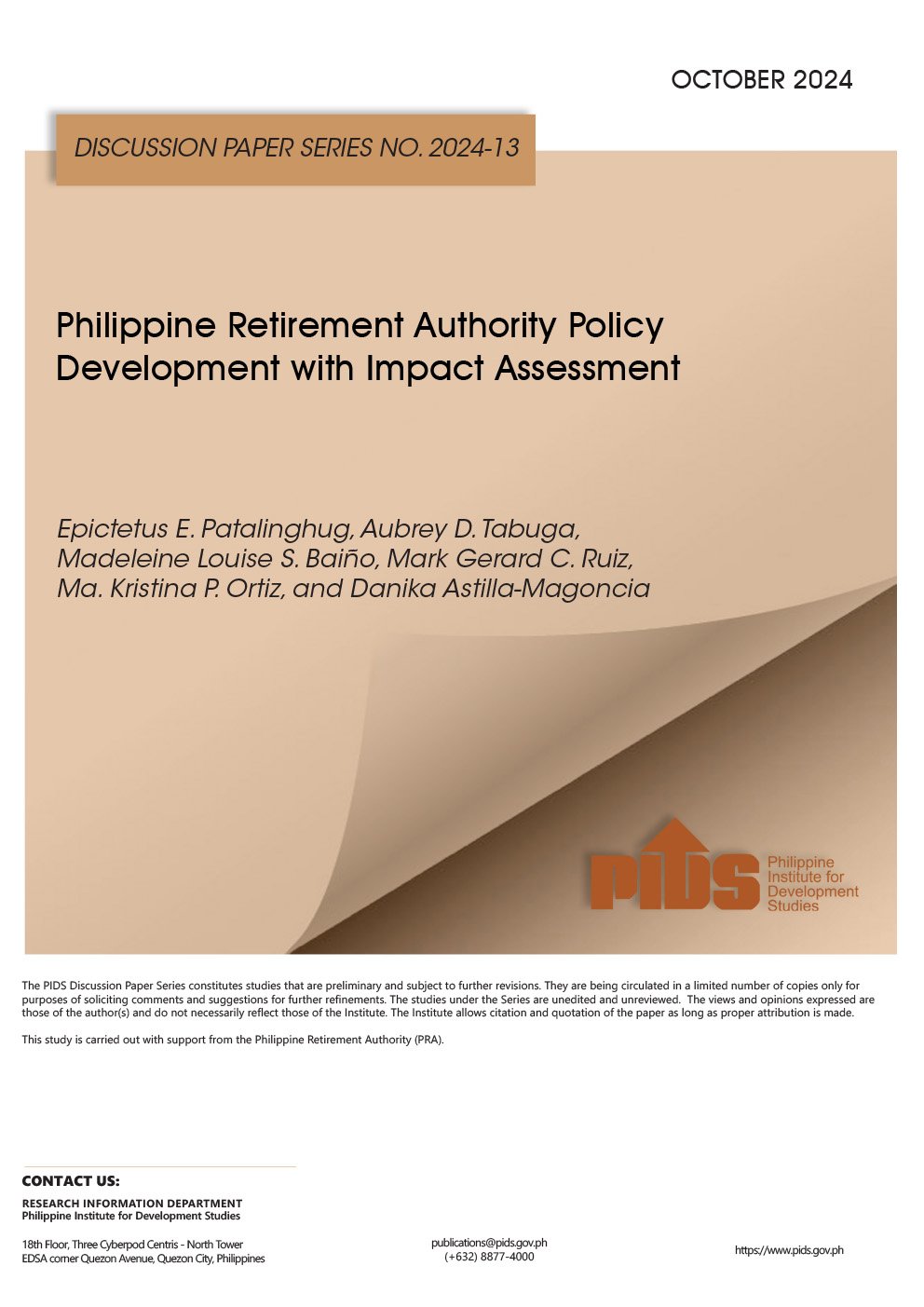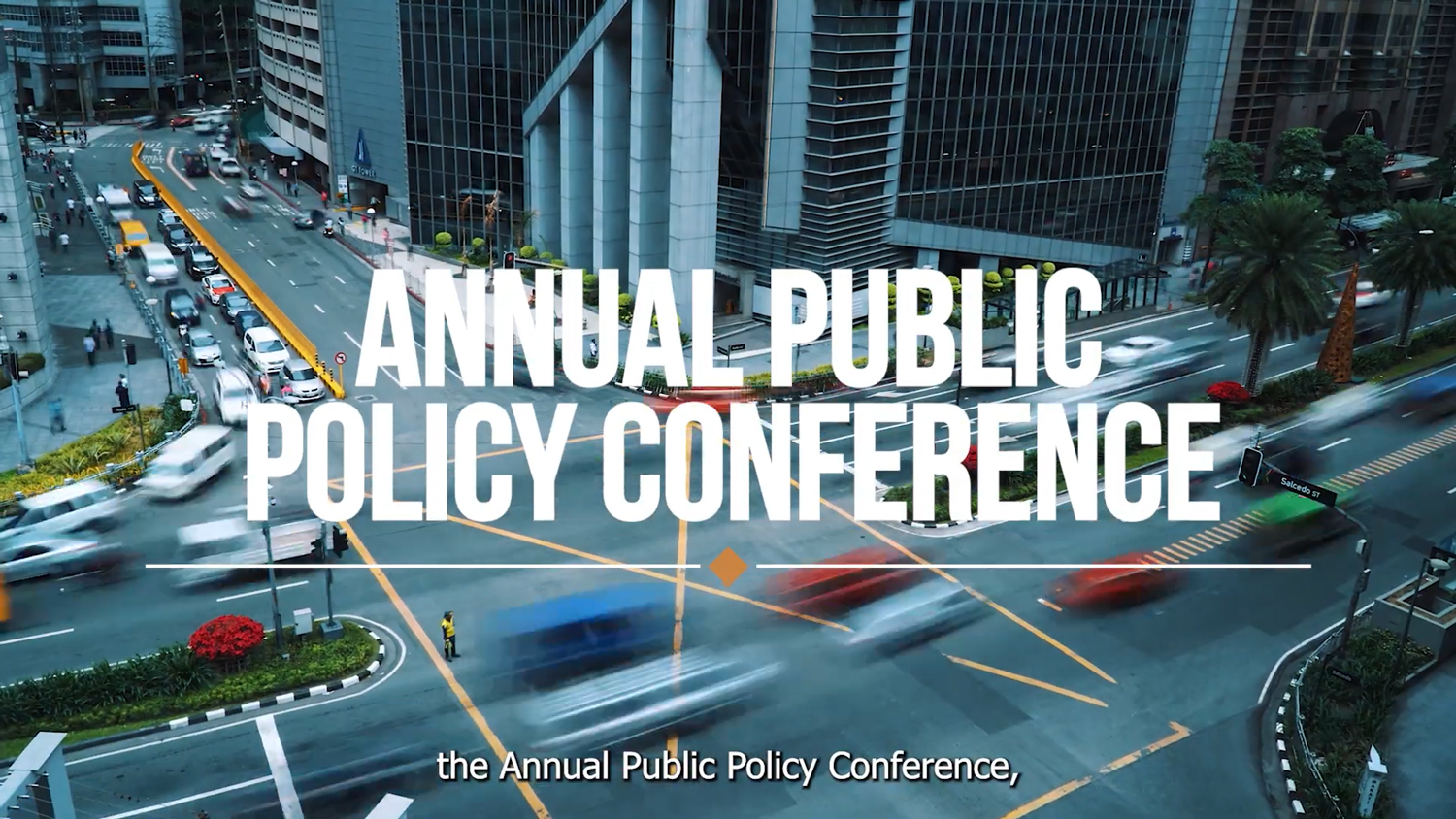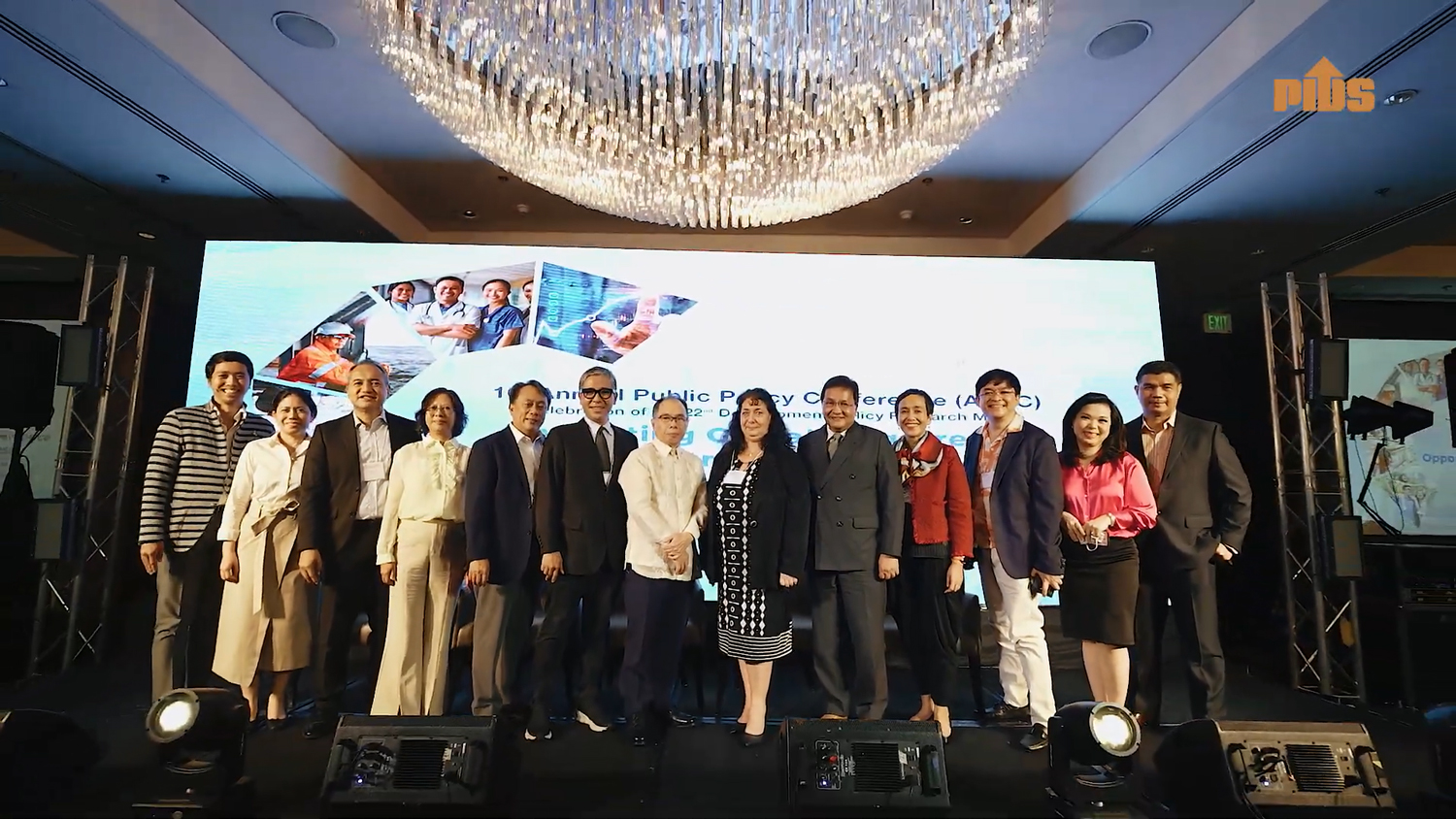MANILA, Philippines - State-run think tank Philippine Institute for Development Studies (PIDS) is urging the creation of an enabling environment for social enterprises as such businesses, although small, can contribute to the attainment of inclusive growth in the country.
In a discussion paper PIDS president Gilberto Llanto, PIDS researcher Marife Ballesteros said social enterprises are now promoted globally as major agents for inclusive growth and sustainable development because of its greater attention on the well-being of the community.
In the country, however, much has to be done to enable such enterprises to flourish.
“In the Philippines, a resurgence of social enterprises has also been observed. However, the current policy environment in the country is yet unresponsive to the growth of social enterprises,” they said.
They noted unlike traditional enterprises, social enterprises engage in for-profit activities “with more active and deliberate action towards raising the quality of life of the vulnerable and marginalized communities.”
PIDS said the Philippines stands to benefit from the development of social enterprises because despite robust economic growth in recent years, it still struggles with high levels of poverty.
“There is also a widening trade gap among income classes and a marginalization of vulnerable population. Economic growth and the expanded spending on social protection have not translated to a significant decline in poverty as income inequality and social exclusion remained at high levels,” said the paper.
PIDS said while there is growing interest for the development of social enterprises in the country, they do not flourish because current policies do not provide for the proper classification and provision of incentives for this type of business.
At present, the government categorized enterprises in terms of size of assets and employment. It differentiates micro, small and medium sized companies (MSMEs) from big businesses for specific policies and programs. Social enterprises as profit organizations are similarly classified and so, programs and incentives enjoyed by MSMEs apply to social enterprises.
In a discussion paper PIDS president Gilberto Llanto, PIDS researcher Marife Ballesteros said social enterprises are now promoted globally as major agents for inclusive growth and sustainable development because of its greater attention on the well-being of the community.
In the country, however, much has to be done to enable such enterprises to flourish.
“In the Philippines, a resurgence of social enterprises has also been observed. However, the current policy environment in the country is yet unresponsive to the growth of social enterprises,” they said.
They noted unlike traditional enterprises, social enterprises engage in for-profit activities “with more active and deliberate action towards raising the quality of life of the vulnerable and marginalized communities.”
PIDS said the Philippines stands to benefit from the development of social enterprises because despite robust economic growth in recent years, it still struggles with high levels of poverty.
“There is also a widening trade gap among income classes and a marginalization of vulnerable population. Economic growth and the expanded spending on social protection have not translated to a significant decline in poverty as income inequality and social exclusion remained at high levels,” said the paper.
PIDS said while there is growing interest for the development of social enterprises in the country, they do not flourish because current policies do not provide for the proper classification and provision of incentives for this type of business.
At present, the government categorized enterprises in terms of size of assets and employment. It differentiates micro, small and medium sized companies (MSMEs) from big businesses for specific policies and programs. Social enterprises as profit organizations are similarly classified and so, programs and incentives enjoyed by MSMEs apply to social enterprises.












